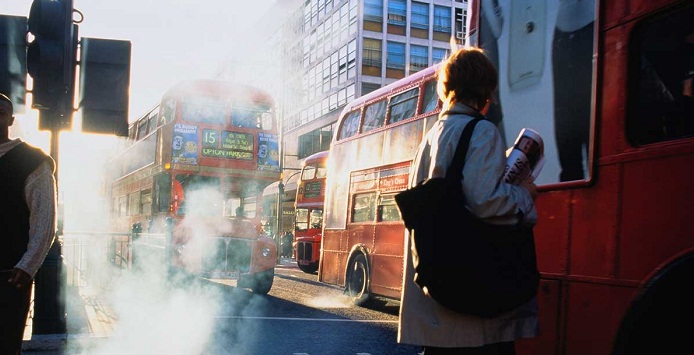People today are still dying early from high 1970s air pollution

The study tracked 368,000 people in England and Wales between 1971 and 2001, recording levels of smoke particles and sulphur dioxide in the air where they lived, and analysed how many of them died between 2002 and 2009.
Although recent exposure turned out to be more dangerous than pollution inhaled in the past, pollution was around five times worse in the 1970s than today, the team found. As a result, someone who has been alive since then is just as likely to die from the effects of past pollution as they are from current pollution.
Hansell says the study is a warning to countries like China that are prone to severe smog, the health toll of which will linger for decades.
Cumulative impact
“These findings make sense,” says Frank Kelly of King’s College London. “It is the cumulative impacts over many decades which result in tissue damage and increased susceptibility to more recent pollution episodes.”
These results will add to pressure on the UK government, says James Thornton of the environmental law campaign group ClientEarth. “The government is currently violating the Supreme Court’s order to clean up the air as soon as possible. The study shows that not only will citizens continue to die as we wait, but the population will continue to suffer increased mortality for decades, even after a clean-up.”
But there may be some good news. Because the effect of past pollution is so strong, it may have led to overestimates of how harmful today’s air is, says Hansell. For younger people at least, that may reduce the health benefit of moving to the countryside. The risk of dying early is much more dependent, Hansell says, on whether you smoke and how much you exercise, as well as medical factors like blood pressure and whether you are overweight.















































